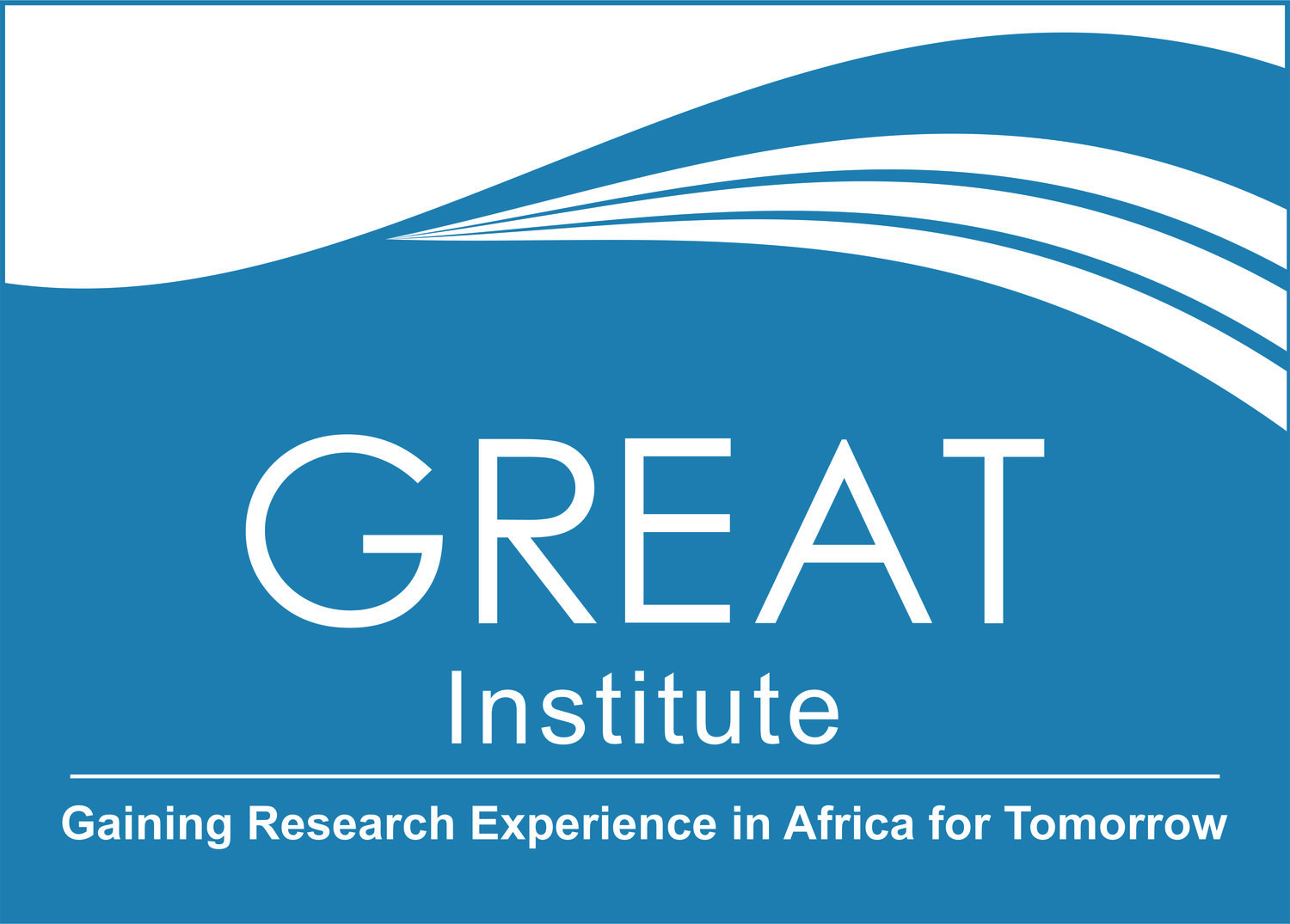The year kicked off with the Climate Change Biology (CCB) course offered to university students and early career professionals. The CCB course taught by Professor Kam Tang from Swansea University focused on the global scale climate phenomena and processes with emphasis on the connections across disciplines from physics to chemistry, geology, and biology, and how they interact with climate. Once lectures were completed, participants were given topics to investigate for a week. This year, students were tasked to investigate “What Do Gambians Know About the State of Climate Change?”. Working in groups, participants had to state a hypothesis and develop questionnaires to investigate the topic. Each group was given an age range to investigate and present results at the student forum.
Also this year, with the help of Professor Kurt DeGoede from Elizabethtown College in the USA, students had the chance to participate in a highly interactive, role-playing game to explore the different solutions needed to take action on climate change. It allowed participants to rapidly assess the impacts of different solutions to climate change—like energy supply subsidies, energy efficiency, or land use changes. The game was conducted as a simulated emergency climate summit, organised by the United Nations to establish a concrete plan to limit global warming by bringing together government, business, and civil society representatives. It was amazing to see participants negotiate with one another as they do in a closed-door session at the United National Framework Convention on Climate Change (UNFCCC) Conference of Parties (COP) meetings, in efforts to keep global average temperatures under 1.5°C as recognised in the Paris Agreement. The simulator was developed by the Massachusetts Institute of Technology (MIT).
~ Maiyai Taal Hocheimy


